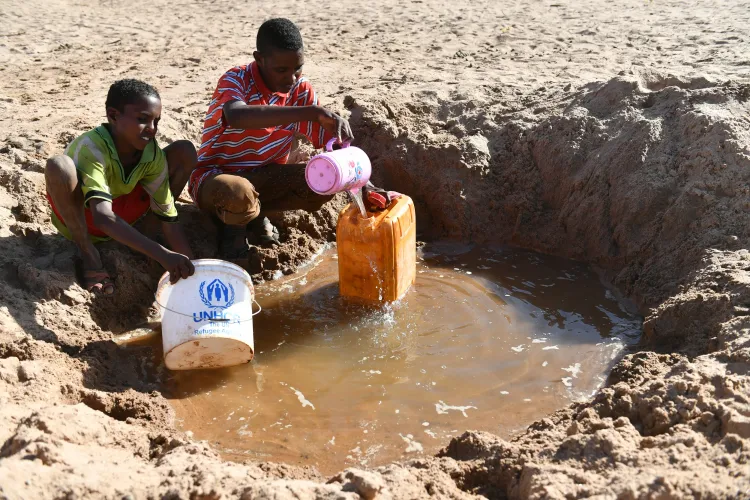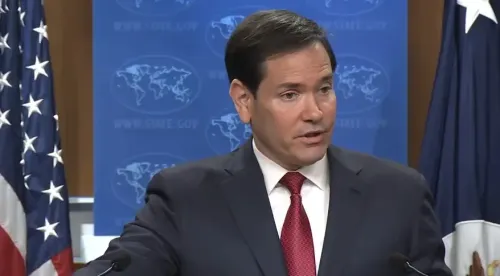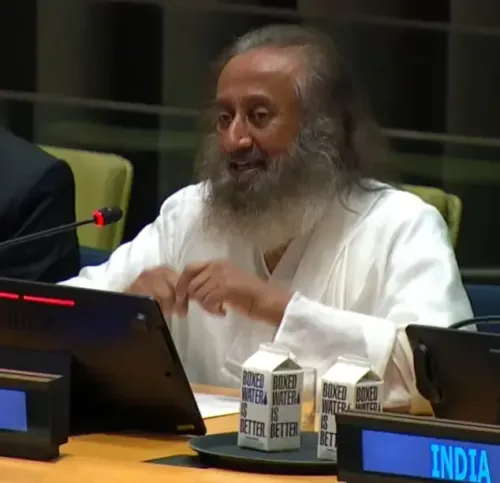Report: 71,000 Deaths Due to Somalia's 2022 Drought

Synopsis
Key Takeaways
- Estimated 71,000 fatalities due to drought.
- 40% of deaths are children under five.
- Majority of deaths in south-central Somalia.
- Drought affected 7.9 million people.
- Call for enhanced health and nutrition services.
Mogadishu, Jan 22 (NationPress) An estimated 71,000 individuals may have succumbed between January 2022 and June 2024 due to the catastrophic drought that impacted extensive regions of Somalia in 2022, as reported in a statement released on Wednesday from Somalia's capital, Mogadishu.
The findings, unveiled by Somalia's Ministry of Health, the World Health Organization (WHO), and the United Nations Children's Fund (UNICEF), indicated that approximately 40 percent of these 'excess' fatalities were children under five years old.
The research, entitled 'From Insight to Action: An Update on Mortality Patterns in Somalia,' highlighted that the majority of these additional deaths occurred in the south-central areas of the country, while northeastern regions faced comparatively lower mortality rates despite significant food shortages.
This report provides an in-depth examination of the drought's impact on population mortality across a span of 30 months, which includes the 2022 drought affecting 7.9 million people, nearly half of Somalia's total population, pushing the nation towards famine.
UNICEF Representative in Somalia, Wafaa Saeed Abdelatef, stressed the profound and enduring effects of climate change on vulnerable Somali households.
'Considering the repetitive nature of climate-induced challenges, we must scale up investments in community resilience to future shocks, preventive actions, and disease outbreak mitigation,' Saeed remarked.
She noted that as resources to meet humanitarian needs have dwindled, both the government and its partners should keep seeking innovative ways to enhance access to critical services such as health, nutrition, water, and sanitation, according to Xinhua news agency.
The Minister of Health and Human Services of Somalia, Ali Hadji Adam Abubakar, stated that the ministry is dedicated to establishing a robust health system as the cornerstone of a prosperous and healthy Somali community. 'Central to this strategy is the provision of health and nutrition services in a cohesive manner, prioritizing vulnerable children and women at the most basic level of healthcare delivery,' Adam explained.
WHO Representative in Somalia, Reinhilde Van de Weerdt, remarked that the deaths of over 70,000 individuals, predominantly children, serve as a poignant reminder of the pressing need for ongoing support and resilience-building initiatives.
'This also emphasizes the crucial need to enhance Somalia's health emergency prevention, preparedness, and resilience systems to effectively respond to crises and deliver sustained care for those in need,' she concluded.










